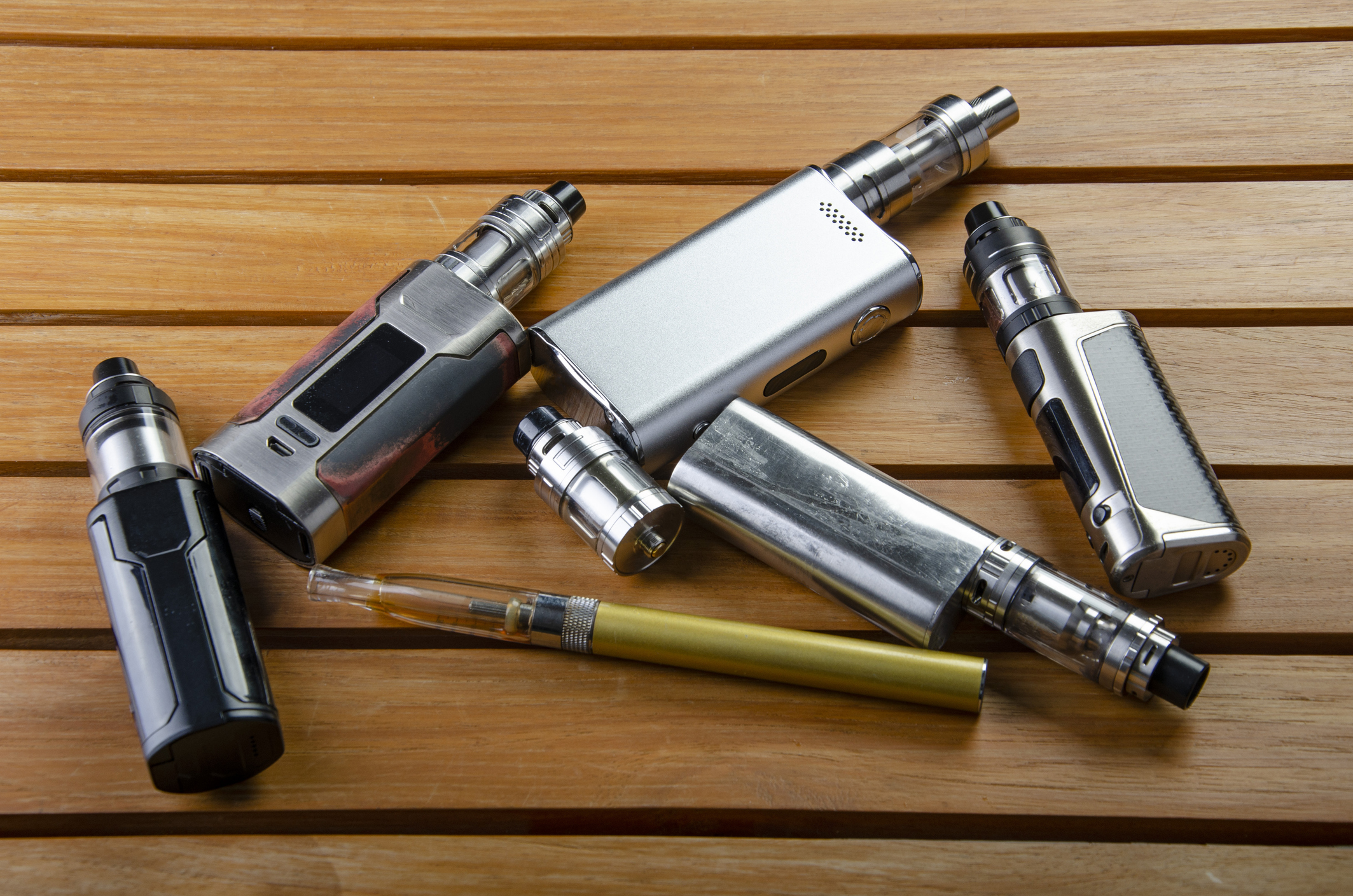
You Probably Shouldn't Be Vaping Anything Right Now, Health Officials Warn
The warnings come after a spike in mysterious lung illnesses linked to vaping.

Get the world’s most fascinating discoveries delivered straight to your inbox.
You are now subscribed
Your newsletter sign-up was successful
Want to add more newsletters?

Delivered Daily
Daily Newsletter
Sign up for the latest discoveries, groundbreaking research and fascinating breakthroughs that impact you and the wider world direct to your inbox.

Once a week
Life's Little Mysteries
Feed your curiosity with an exclusive mystery every week, solved with science and delivered direct to your inbox before it's seen anywhere else.

Once a week
How It Works
Sign up to our free science & technology newsletter for your weekly fix of fascinating articles, quick quizzes, amazing images, and more

Delivered daily
Space.com Newsletter
Breaking space news, the latest updates on rocket launches, skywatching events and more!

Once a month
Watch This Space
Sign up to our monthly entertainment newsletter to keep up with all our coverage of the latest sci-fi and space movies, tv shows, games and books.

Once a week
Night Sky This Week
Discover this week's must-see night sky events, moon phases, and stunning astrophotos. Sign up for our skywatching newsletter and explore the universe with us!
Join the club
Get full access to premium articles, exclusive features and a growing list of member rewards.
It's probably not a good idea to use e-cigarettes right now, according to public health officials.
In light of a spike in mysterious lung illnesses linked to vaping, the Centers for Disease Control and Prevention (CDC) is advising anyone who's concerned about these health risks to "consider refraining from using e-cigarette products" while the agency investigates the issue, officials said in a statement. So far, officials have identified 215 possible cases of lung disease tied to vaping in 25 states, but the cause is still unknown, the statement said.
Officials in Wisconsin issued a sterner warning against e-cigarettes, urging residents to "stop using any vape and/or e-cigarette devices immediately," according to a recent statement from the City of Milwaukee Health Department. So far, 16 people in the city have been hospitalized with severe lung disease tied to vaping, the statement said.
Even aside from the ongoing investigation of vaping and lung disease, e-cigarettes should not be used by youth, young adults, pregnant women or adults who currently don't use tobacco products, the CDC said. What's more, people should not buy e-cigarette products off the street and should not modify the products or add substances that aren't intended for vaping by the manufacturer.
People who do decide to use e-cigarettes should monitor themselves for symptoms such as cough, shortness of breath and chest pain, and promptly seek medical attention if they become concerned about their health, the CDC said.
Government officials are investigating which brands and types of e-cigarette products may be involved in these cases. Many patients reported vaping THC products before they got sick. However, it's still unclear if all of the cases have a common cause or if they are different diseases with similar symptoms, the agency said.
- 4 Myths About E-Cigarettes
- 8 Tips for Parents of Teens with Depression
- 9 Weird Ways You Can Test Positive for Drugs
Originally published on Live Science.
Get the world’s most fascinating discoveries delivered straight to your inbox.

Rachael is a Live Science contributor, and was a former channel editor and senior writer for Live Science between 2010 and 2022. She has a master's degree in journalism from New York University's Science, Health and Environmental Reporting Program. She also holds a B.S. in molecular biology and an M.S. in biology from the University of California, San Diego. Her work has appeared in Scienceline, The Washington Post and Scientific American.
 Live Science Plus
Live Science Plus










